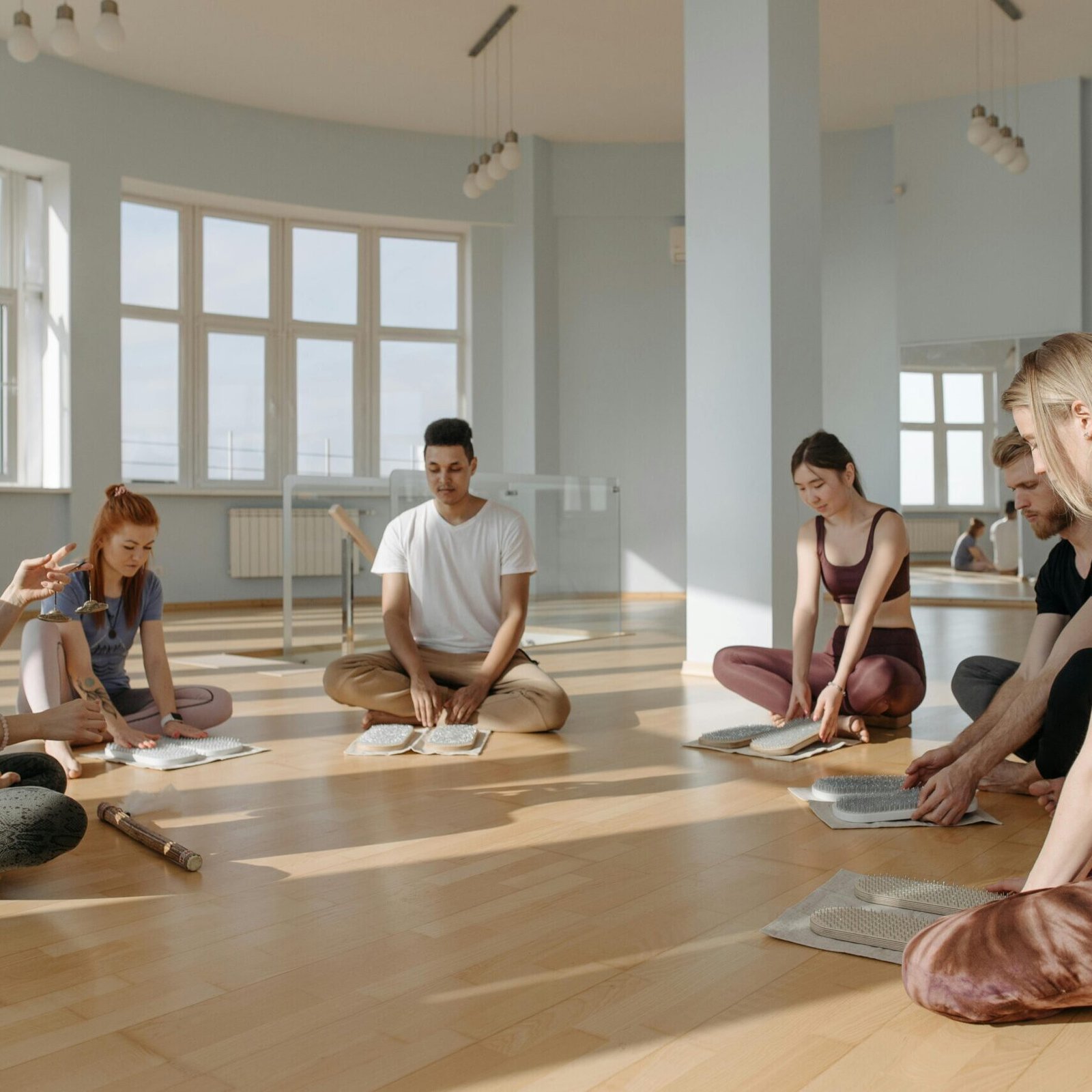Finding Your Identity: How to Live Authentically?

Have you ever felt lost, unsure of who you are and where you belong? Many of us grapple with the question of how do you find your identity, that core sense of self that guides our life choices and shapes our lives. Finding your identity is a journey of self-discovery, often challenging yet incredibly rewarding. So, how do you find your identity amidst the noise and expectations of the world?
Table of Contents:
How Do You Find Your Identity: A Journey of Self-Discovery
Finding your identity isn’t about fitting into a predefined box. It’s about peeling back the layers of external influences and discovering your true identity within. This identity formation is a process, not a destination, so embrace it.
Look Within: Self-Reflection and Introspection
The first step involves looking inward. Self-reflection, journaling, and introspection are powerful tools for finding meaning. Set aside quiet time each day to explore your thoughts and feelings.
What truly makes you happy? What are your core values and beliefs? Journaling can help document your journey as you reflect on past experiences and contemplate existential questions.
As you write, consider your reactions and emotional responses in different situations. Reflect on patterns in your behavior and explore resources to understand your true purpose. Journaling provides a space for an inner dialogue, aiding in self-understanding. This provides a clearer understanding of your strengths, limitations, and motivations.
Uncover Your Passions and Interests
Think about what genuinely excites you. What activities make you lose track of time? Spend time exploring your interests and passions, whether it’s painting, hiking, or learning a new language.
These passions provide valuable insights into your authentic self. They often align with your natural inclinations, talents, and true values. Even seemingly mundane habits may reveal your true nature.
A study from the University of Bath linked our everyday routines to our self-perception. These routines and how you spend time greatly impact personal growth.
Embrace Your Authentic Self
No two people are identical. Accept and celebrate what makes you unique, including your quirks. Begin to embrace aspects you might consider weaknesses, realizing these vulnerabilities help forge who you are and build resilience.
Celebrate these characteristics as unique strengths rather than focusing on perfection. Instead, concentrate on staying true to yourself and living authentically.
Focusing on your personality traits and understanding how they make you, you will aid you in making decisions that feel strong and confident.
Seek External Perspectives
While self-reflection is crucial, feedback from others offers a different perspective. Connect with trusted friends, family members, or a mentor.
A mentor can provide guidance, asking important questions and offering thoughtful insights based on experience. Talking to close confidants and asking for genuine, constructive feedback provides valuable insights. You begin to see yourself through the eyes of those who recognize your authentic strengths and motivations.
Be open to hearing how others perceive you. Sometimes, a loved one’s perspective can offer clarity needed for positive personal growth and change. They can help you understand if the choices you make truly reflect your desires and if you are staying true to yourself. These choices reflect who you are on a deeper level and have a significant impact on personal growth.
Challenge Societal Expectations and Embrace Growth
Much of how we see ourselves is shaped by societal expectations. Consider your cultural values, family traditions, and societal norms, but ensure they align with your core beliefs and allow you to live authentically.
If you aren’t actively working toward goals aligned with your true values, are you truly living authentically? Are you constantly letting others dictate important life choices? Consider trying new activities or joining causes that resonate with you, such as volunteering or mentoring.
These activities help express your natural character. Realize your sense of self is an unfolding story – adapt, adjust, learn, and grow into something true to your heart. Making choices based on your values will lead you on a journey toward a healthy sense of self.
Seek New Experiences and Embrace Change
Do you prioritize comfort and familiarity over new experiences? Personal growth blossoms through exploration. Embrace the challenge of stepping outside your comfort zone and explore new horizons.
This might feel counterintuitive, especially if stepping outside the bounds of the comfortable feels unnatural. Challenge your thoughts around feeling stuck and begin making choices that support personal identity development.
Explore new hobbies, consider a change to your routine or profession. Start small by making changes in one area of your life. If needed, seek guidance from a mental health professional. There’s power in building inner strength – you might be surprised where this step leads you on your personal growth journey.
Balancing Authenticity and Fitting In
There will always be internal friction between living authentically and navigating social circles. Experts emphasize the importance of strong connections with family, friends, and colleagues for our overall mental wellness. Finding a balance requires ongoing attention and self-awareness.
Being authentic requires self-knowledge. Are you introverted or extroverted? For introverts, navigating social settings with dominant personalities might be more challenging. Understanding your personality and preferences is crucial for knowing who you are within different environments. Knowing yourself requires self-mastery to live in your truth.
As you understand identity, consider how social media and relationships with other people affect your sense of self. Do you feel pressure to conform to gender roles or follow limiting beliefs? Sometimes people don’t understand our journey and we feel uncomfortable. Talking to a mental health professional can help.
Conclusion
Finding your identity is an ongoing journey, not a destination. Be patient as you discover your true self. Celebrate the discoveries you make along this winding road of self-discovery.
How you spend your time and the relationships people you foster play important roles. How do you find your identity will be answered over time, as your experiences help to form who you are. It’s important to look at your life choices, big and small, and consider what prompted them. Remember you are not seeking more than just surface answers.
This is a unique journey for each person. Savor the victories, learn from failures, be adaptable, forgiving, and allow your spirit to bloom. Finding your true identity involves exploring many facets of your personality.
It’s okay to seek guidance if you find yourself feeling stuck. Many people go through an identity crisis where their previous ideas of who they are are challenged. Be open to your changing sense of identity.



